NEW ZEALAND IT PROFESSIONAL OF THE YEAR FINALIST – LUKASZ ZAWILSKI
In the second in our series on the finalists for the New Zealand IT Professional of the Year, I was grateful to Lukasz Zawilski for his time and insights into the technology, culture and team that are shaping NZQA.
Two of the three nominations for the award originate from overseas. How easy did you find moving to NZ?
I have been here since 2002, albeit via a weird path. I needed a career break and decided to take a down shift in pace for a while around 2005. The challenge for most from overseas is qualification recognition and that is still prevalent today. We are hopeful that our pilot involving micro credentials will help in recognising overseas experience.
It has been easy fitting in here as Kiwis are a great bunch of people with a can do attitude. Our IT team currently consists of 14 nationalities and we are proud to have a 38% female workforce which continues to grow. This huge mix of background and geographies helps create better products and services. We all know that the workforce is diversifying, but for us workforce diversity is a plus and really important.
What is your view on local talent available?
I think there is clearly a supply and demand issue and therefore we see some overseas interest from candidates and clients. Immigration are trying to make it easy and the Looksee program did a great job at selling Wellington on a global level. Word of mouth is certainly better than before when it comes to Wellington, but we could be growing quicker but the same can be said for everywhere.
Great news re-funding for NCEA. Are you able to talk us through the challenges that lie ahead in digitalising exams by 2020?
Our biggest challenge is change. Implementing a hardware and software program is well proven but digital delivery is a challenge in terms of readiness and adoption. One thing we must continue to focus on is that it needs to be equitable, as we don’t want those who have access to tech to be given an advantage. This is a challenge in New Zealand as there is a high variability in take up or drive for technology in schools. We must make sure everyone has the same equal opportunities.
What other challenges are NZQA facing?
In my current role I have been lucky to have talented people around me. I’ve had the bandwidth to discuss with other leaders where we should be going. You have to take time to think otherwise you get caught up in the moment and don’t think about the future. I believe in doing the basics well to start with and then I encourage the team to be out there in the organisation and to stay outward focused.
When looking abroad are there any governments that stand out in terms of design of digital services? And what is it that stands out?
If you look overseas for example Estonia has an E-citizen system where many services are now available as electronic processes. For example, you can get married electronically. We established RealMe but didn’t pull in the users as the average person doesn’t understand the benefits.
As services come on board we will find more people will adopt the technology. I don’t think it is due to privacy as currently we share more information through our countdown 1 card than we do with the Government, but it is cultural. Soon the value will outweigh the worry. If I can access 5,6,7 different services then I will sign up.
What currently excites you in terms of technologies that our Government are implementing?
If I look at what we are involved in then broadening the definition of education is really exciting. Learning happens in a wide range of places; for example the spectrum ranging from a 3-year Commerce degree to a 2-week electrical mechanic course. The challenge is to join up data across the sector to assist in painting a picture of learning. How do you reflect experience and make access to this information easier for those that need to verify it? LinkedIn have a role to play in this for sure, however, we need to create quality assured information with limited access to it or be time bound. Remember If people want to deal with us they want less friction and therefore the better we do this the more we succeed. That is why we must keep on being customer centric.
In summary Lukasz finished by giving us insights into the ways in which he and his team are trying to be effective in communicating with one another. Whether that is through podcasts or videos they are attempting to stay authentic and relevant. There seems a good level of humour and collaboration so it comes as no surprise that Lukasz has been nominated for this award. We wish him all the best on Thursday 12th July.
SHARE

